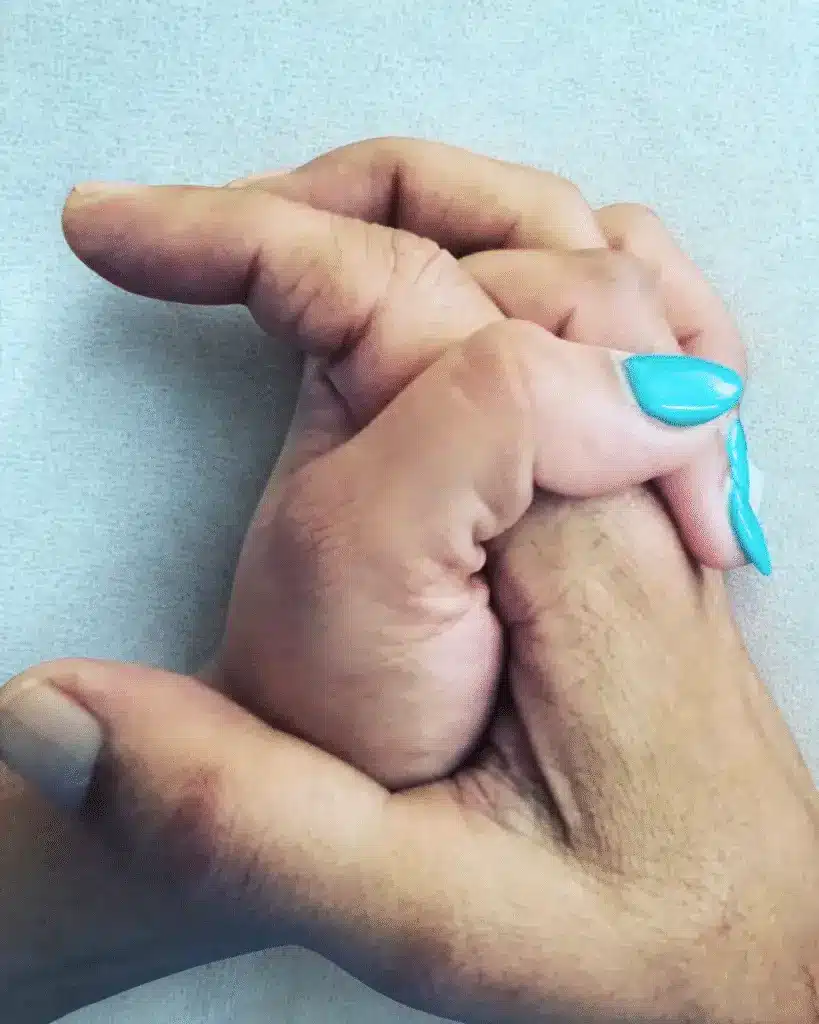Hospice Care
Hospice Care with Angel Hands
At Angel Hands Hospice and Palliative Care, we believe that end of life care should be as compassionate, personal, and supportive as possible for patients and their families. Below is an overview of what hospice care includes with us, the different types of care we provide, how to become eligible, and how costs are covered.


What Hospice Care Includes
We offer a comprehensive hospice program designed to preserve dignity, reduce discomfort, and support emotional, spiritual, and physical well-being. Key services include:
At Angel Hands, our mission is to create a caring environment where patients and families feel valued and supported on their hospice journey.
-
Medicare
Medicare typically covers hospice care for individuals aged 65 and older who are enrolled in the Medicare program. This coverage includes services related to the terminal illness, medications, medical equipment, and support for the family. This makes your out of pocket cost $0.
-
Medicaid
Medicaid may cover hospice care for those who qualify based on low income and limited resources. This makes your out of pocket cost $0.
-
Private Insurance
Many private health insurance plans also offer coverage for hospice care. The extent of coverage can vary depending on the specific insurance plan.
-
Personalized Care Plans
We develop individualized care plans tailored to each patient’s unique physical, emotional, and spiritual needs, ensuring comfort and dignity throughout their journey.
-
Nurse Visits
Regular visits from registered nurses, typically weekly, with additional visits as needed.
-
Aide Availability
Certified aides available 3-5 days a week with flexible timing to match patient needs.
-
Spiritual Support
We offer emotional and spiritual care through our counselors, chaplains, and even doulas to help patients and families from ALL faiths find peace during this time.
-
Social Services
The social worker ensures families are well educated on advance directives and have resources to find placement for their families if necessary.
-
Medication Coverage
We cover all medication costs related to the diagnosis.
-
Supplies and Equipment
Essential supplies (eg., diapers, gloves, wipes, wound care, etc.) and Durable Medical Equipment (DME) are covered.
-
24/7 Triage Team
Immediate response to patient-related calls, even evenings and weekends.
-
Convenience
Access diagnostic tools like X-rays, labs, and Doppler tests from home.
-
Inclusivity
Care extends to patients with peg tubes.
-
Comfortable Care Settings
Receive care where it's most comfortable: at home, in nursing homes, assisted living facilities, hospitals, or inpatient hospice units.
-
Regular Communication
Weekly "buddy calls" maintain clear communication, addressing needs promptly.
-
Family Involvement
We actively involve family members in care decisions, fostering open communication and support throughout the process.
-
Continuous Evaluation
We regularly assess and adjust care plans to meet the evolving needs of our patients and their families.
-
Volunteer Companions
Our volunteers enhance the patient experience by providing companionship and helping with legacy projects.
Levels of Hospice Care:
-
Routine Home Care: Standard care provided at home, assisted living, or nursing facilities. Services include regular nurse and aide visits, medications, and supplies.
-
Continuous Home Care: More intense care at home during times of crisis when symptom control or pain relief requires close monitoring.
-
Inpatient Care: Short term care in a facility when symptoms cannot be managed at home, such as severe pain, breathing issues, or uncontrolled nausea.
-
Respite Care: Short term care in a skilled nursing facility for up to 5 days to allow caregivers rest, travel, or time to manage personal responsibilities.
What Are The Admissions Criteria?
- Certification from a doctor that you have a terminal illness. There are a lot of different diagnosis not mentioned on this page so ALWAYS ask if you aren’t sure.Here’s a quick list:
- Dementia due to Alzheimer’s
- Neurological Disease (Parkinson’s, ALS, Muscular Dystrophy, Myasthenia Gravis,
or Multiple Sclerosis) - Stroke or Coma
- Cancer
- Renal Failure
- Pulmonary Disease
- Heart Disease
- Liver Disease
- Agreement to focus on comfort care instead of curing the illness.
- Evaluation by an RN to ensure we can provide the needed care.
- Ability to pay for hospice care or coverage through Medicare/Medicaid/insurance.
Who Pays for Hospice Care?
Hospice care is often covered by multiple payers:
-
Medicare: Typically covers all hospice services related to the terminal diagnosis, including medications, medical equipment, and support services.
-
Medicaid: For eligible individuals, hospice services may be covered under state Medicaid programs.
-
Private Insurance: Many insurers include hospice care, though coverage details vary.
-
Self Pay or Other Funding: Options may be arranged when coverage is not available, including sliding scales or financial counseling.
Why Choose Angel Hands Hospice
-
Dignity, comfort, and respect are at the heart of our care.
-
Families are involved at every step.
-
Care is provided by a multidisciplinary team addressing medical, spiritual, and emotional needs.
-
Our team is available around the clock.
-
Volunteers, chaplains, and caregivers ensure that no one faces hospice alone.
Our Approach

- Personalized Care Plans
- Interdisciplinary Team
- Family Involvement
- Pain and Symptom Management
- Emotional and Spiritual Support
- Volunteer Support
- Continuous Evaluation
